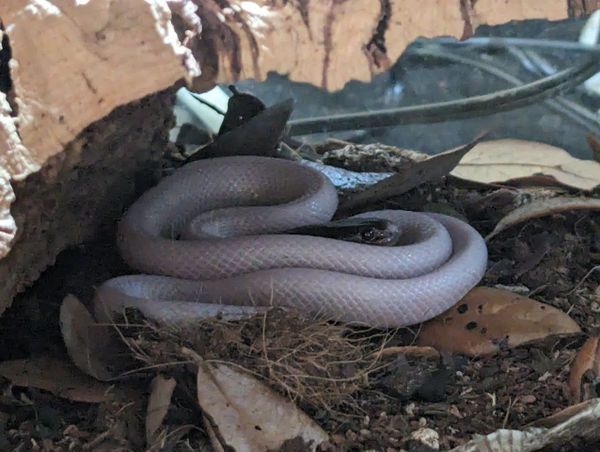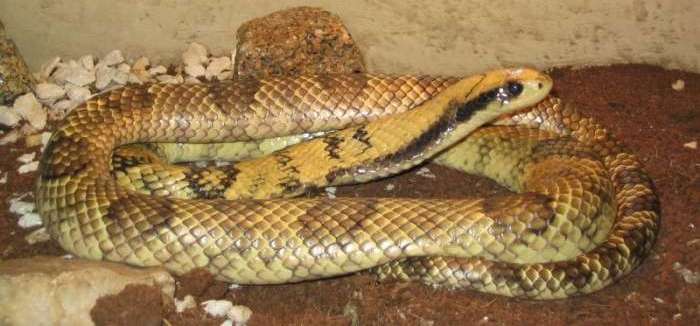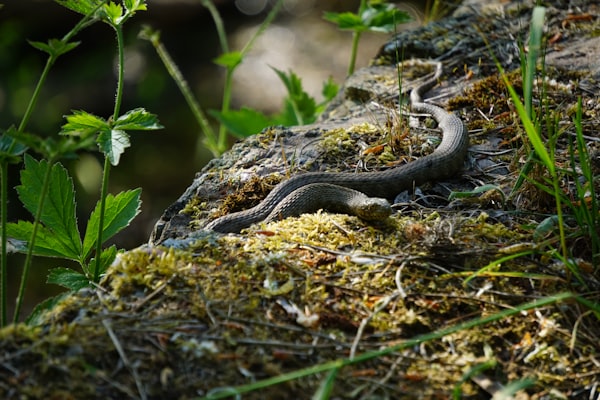Stomatitis (Mouth Rot) in Pet Reptiles
Bacterial infections are one of the main causes of stomatitis (mouth rot) in reptiles. These infections are typically caused by various bacteria.

Causes of Stomatitis in Reptiles
Bacterial Infections
Bacterial infections are one of the main causes of stomatitis in reptiles (see Merck Veterinary Manual description here). These infections are typically caused by various bacteria. Reptiles can contract these bacteria through contaminated food or water, or through direct contact with infected individuals. The bacteria can then invade the oral cavity, leading to inflammation and the development of oral lesions. Proper hygiene and handling practices are crucial when dealing with reptiles.
To prevent and treat bacterial infections in reptiles, it is essential to maintain clean and sanitary conditions in their enclosure. Regular cleaning and disinfection of the habitat, as well as providing a balanced diet and proper hydration, can help boost the reptile's immune system and reduce the risk of bacterial infections. Additionally, consulting with a veterinarian experienced in reptile care is recommended for proper diagnosis and treatment of bacterial stomatitis in reptiles.
This is a good opportunity to remind readers of the wonderful Merck Veterinary Manual!
Symptoms and Diagnosis of Stomatitis in Reptiles
Oral Lesions
The disease attacks the soft tissues in your pet's mouth, causing painful ulcers.
Inflammation due to stomatitis causes red, inflamed sores in your pet's mouth. These ulcers often form on the inner surface of the upper lips but may also develop on any tissue that comes in contact with the teeth, like the gums and tongue.
Stomatitis (mouth rot) can often be identified visually. Sometimes there may be a white grainy substance or very dark spots. It may have an accompanied smell and discoloration.
Loss of Appetite
Loss of appetite is one of the common symptoms of stomatitis in reptiles. Reptiles affected by this condition may show a decrease in their food intake or completely refuse to eat. This can lead to weight loss and nutritional deficiencies. It is important to monitor your reptile's eating habits and seek veterinary care if you notice a persistent loss of appetite. A proper diagnosis and treatment plan can help alleviate the discomfort and promote healing.
Conclusion
In conclusion, stomatitis is a common health issue in reptiles that can be caused by poor husbandry, nutrition, or trauma. It is important to provide appropriate care and maintain the correct temperature and humidity levels in their enclosures to prevent respiratory diseases and gastrointestinal infections. Regular veterinary check-ups and proper handling techniques are also crucial in maintaining the health of reptiles. If any symptoms of mouth rot or respiratory infections are observed, it is important to seek veterinary care promptly to prevent further complications. By taking these preventive measures, reptile owners can ensure the well-being and longevity of their pets.
Frequently Asked Questions
What are the causes of stomatitis in reptiles?
The causes of stomatitis in reptiles is primarily attributed to bacterial infections.
What are the symptoms of stomatitis in reptiles?
The symptoms of stomatitis in reptiles include oral lesions, discoloration, loss of appetite, and swelling and redness.
How can stomatitis in reptiles be prevented?
Stomatitis in reptiles can often be prevented by appropriate diet, sanitation, and nutrition as well as regular vet checkups.





